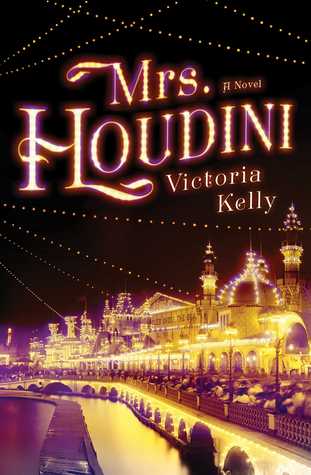
5 out of 5
Conversations for Two beautifully presents the fragmented memory of one woman after a life of loss and love. Inspired by the loss of Markowitz’s brother and the rediscovery of his personal writings years later, Markowitz uses these pieces of him to ask what about memory is tangible and what is imagined; how “real” are the written words that Markowitz can hold in her hand? What of the images they inspire? The use of metaphor and lyrical prose unearths the beauty in tragedy in a pure and gorgeous way.
I had the pleasure of meeting Jacqueline at Toronto’s 2016 Word on the Street festival, and interviewed her over the phone two days later. She is a wonderfully kind and interesting woman. I could have talked with her all day, but that would have been selfish of me. I wanted to specifically probe her for more details about the Beatles concert she attended when she was ten years old, but alas. She also started her own publishing company, The Jam Press, under which she published Conversations for Two. The company’s logo—a little strawberry—reminds me of the movie Across the Universe based on the Beatles’ music and the song “Strawberry Fields Forever.”
Jacqueline Markowitz writes as if from a dream. I feel as if I’m seeing her thoughts from underwater in the most dazzling way. Some of my favourite descriptions of hers are about the woman’s mother. Here is an excerpt that has stayed with me for over a week now:
“I squeeze my eyes and see her. She is ethereal in the green water, scented with lavender. She would never see the beauty that I saw. One shoulder is lower than the other, and her hips are out of line. Her body is lopsided, the shape of a woman who carried children on one hip while dealing with the meat and potatoes of life on the other. There are the scar slashes where a breast used to be. Her body has been ransacked of its treasures. The outline of the pacemaker is sheltered within her beautiful collarbones, from which her skin is neatly folded and hung.
“I can see her. She had the skin of sonnets, creamy, even as life seeped in those feathery lines than fanned from the edges of her eyes, especially when she smiled. She would say it’s because she drank a cup of hot water with lemon every morning. And, I can see her face as she looked in her bedroom mirror at night, her little finger bent with arthritis smoothing cream across the contours of her face, and sometimes she could catch a glimpse of the woman who lived inside of her. Her eyes once brown, now laced with blue and green. Green like mine.”
-Jacqueline Markowitz, Conversations for Two
I honestly haven’t read anything so good in months, perhaps even a year. This is a book that stays with you in your heart as you live your life, quietly staying shadowed in the background. It’ll ease back out every now and then with a good quote or a simple word or two pertaining to my life’s goings-on. If I had to describe it simply, I would say it is a sigh on the wind. Quiet and peaceful, and now a part of me as the wind is part of the earth.




 4 out of 5
4 out of 5

